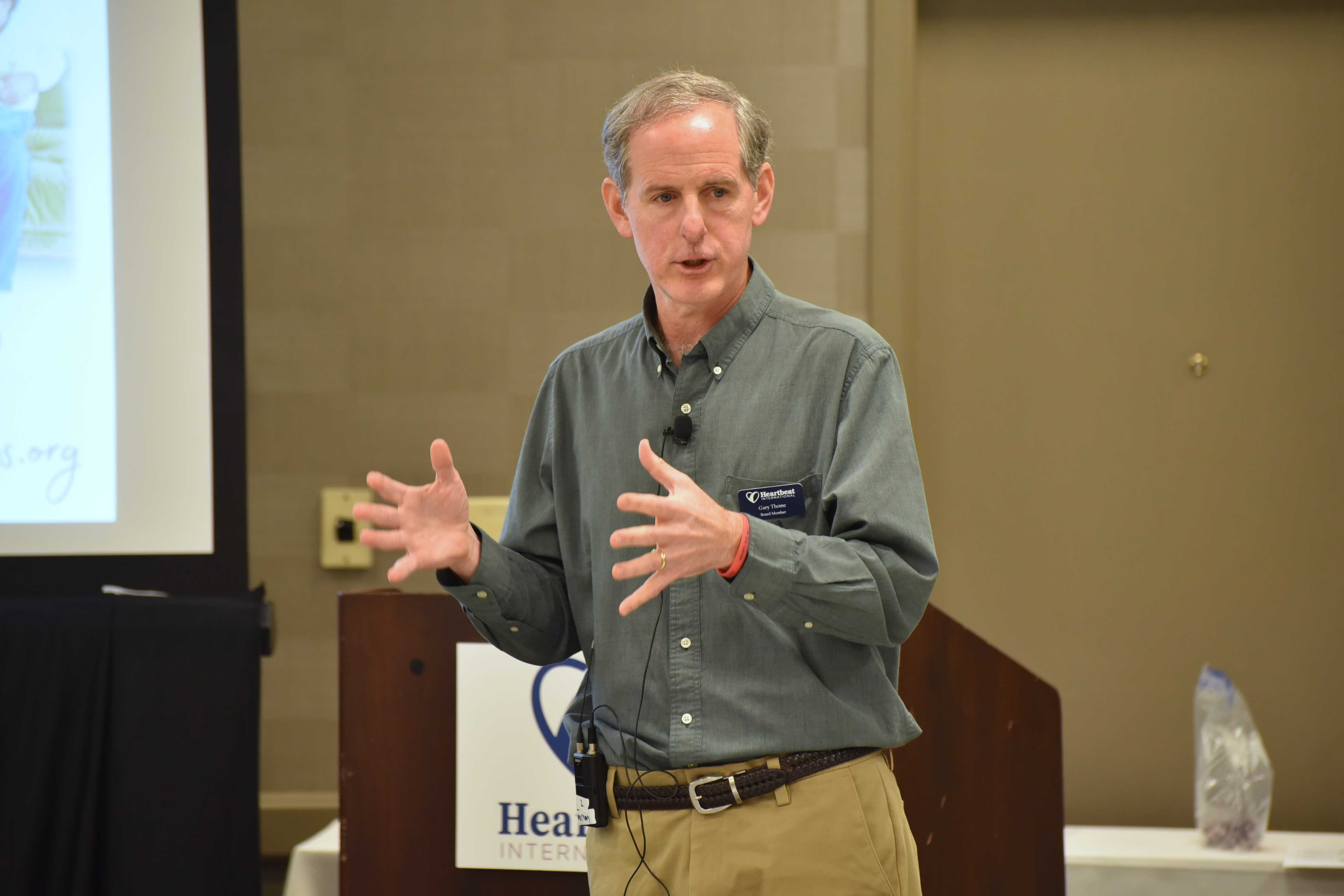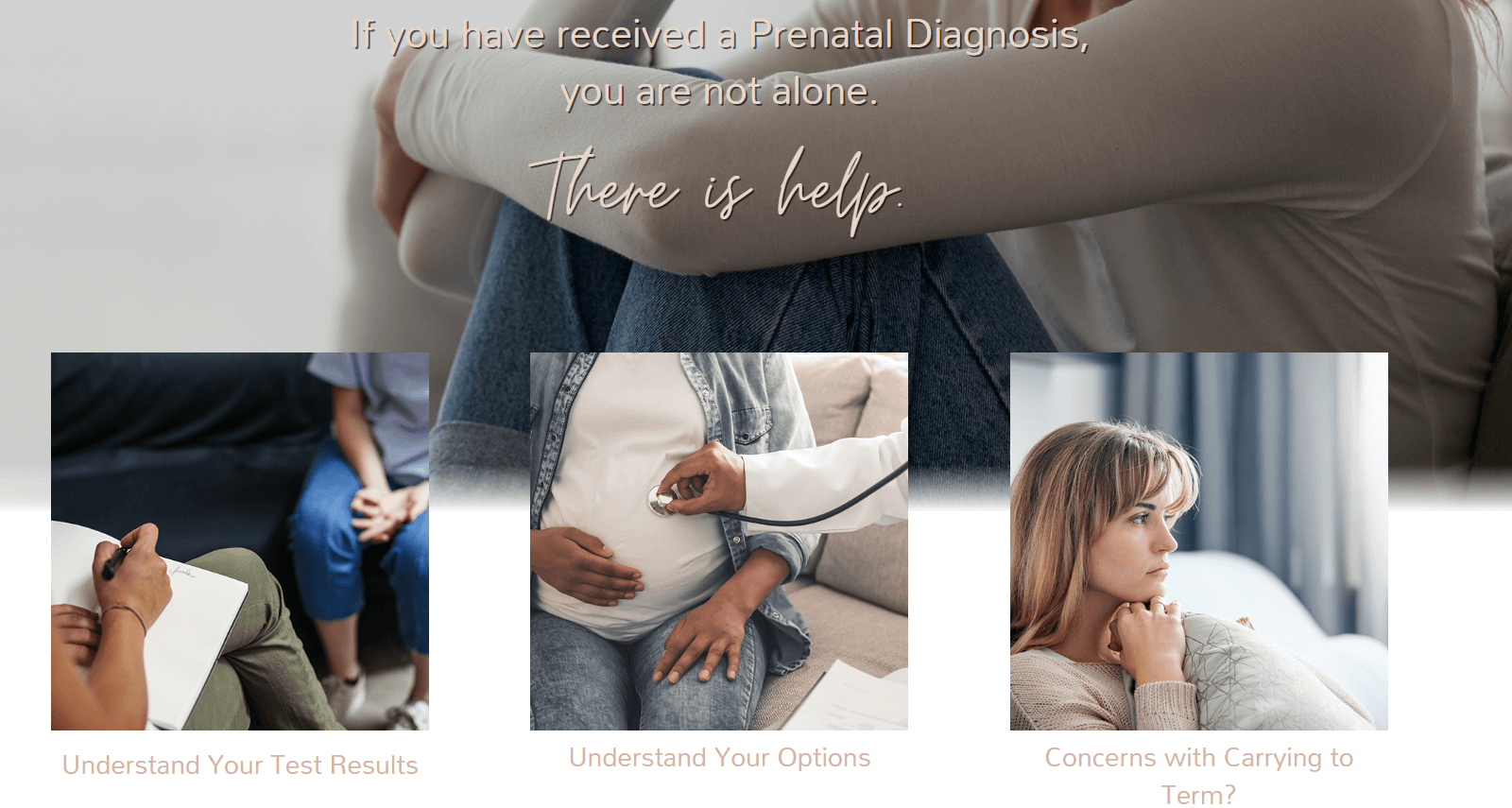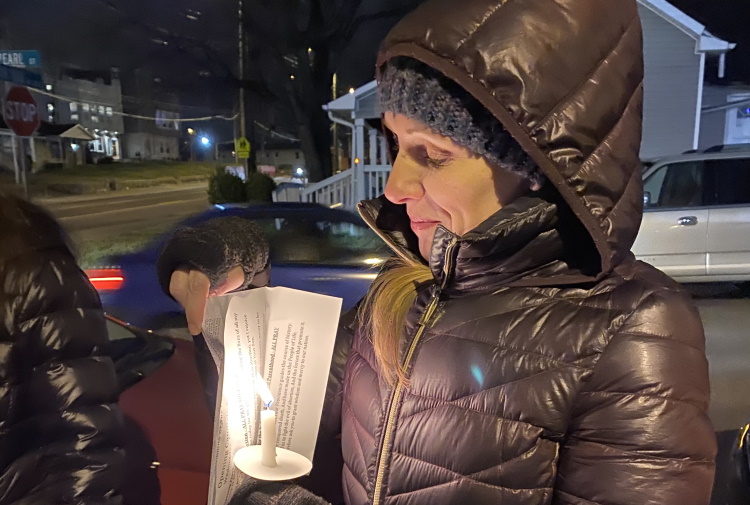Heartbeat International's 52nd Annual Conference was packed with a wide range of presentations and workshops. If you were able to attend, I am so glad; if you weren’t, today I am going to give you a bit of insight into a particular workshop.
Gary Thome, one of Heartbeat’s board members, gave a presentation on the topic of prenatal diagnosis. A prenatal diagnosis is just about what it sounds like — the baby has been diagnosed with some sort of condition, disorder, or anomaly before he or she has been born.
While this reason for abortion contributes to a small percent of overall abortions, Thome estimated that about 25,000 – 30,000 children each year are at risk of abortion based on a prenatal diagnosis. And of those children, he estimated that about 2,500 of them have conditions for which abortion is strongly recommended.
This is thousands of children a year for whom abortion is sold to the mother and/or father as a solution by their trusted doctor.
These are parents who typically want their children and are making plans to bring them into the family when they get their screening or diagnostic result.
Doctors are engaging in discrimination against people with special needs by encouraging abortion in these circumstances.
How did we get here? And how can we serve these families, whose stories are often very different than the typical abortion-minded woman who contacts or visits a pregnancy help organization?
[Click here to subscribe to Pregnancy Help News!]
Thome explained that the choice of abortion following a prenatal diagnosis often does not involve informed consent.
In this manner, the mothers and families in this situation are similar to other women being sold abortion.
The American Medical Association (AMA) makes a strong statement about informed consent:
“Informed consent to medical treatment is fundamental in both ethics and law.”
Thome based the talk about informed consent on the definition the AMA gives, focusing on the first 2 of the 3 parts of the definition:
“(a) Assess the patient’s ability to understand relevant medical information and the implications of treatment alternatives and to make an independent, voluntary decision.
(b) Present relevant information accurately and sensitively, in keeping with the patient’s preferences for receiving medical information. The physician should include information about:
(i)the diagnosis (when known);
(ii)the nature and purpose of recommended interventions;
(iii) the burdens, risks, and expected benefits of all options, including forgoing treatment.”

What he covered next was an eye-opening look at how informed consent is not happening when abortion is offered following a prenatal diagnosis.
Parents describe receiving a prenatal diagnosis in horrifying terms: “like a train wreck,” “the worst day of my life.”
They respond in a way that indicates they were traumatized by receiving that news.
They lose connection to the baby, they feel like they have no control — like everything is happening to them and they have no agency — and they often engage in the fight, flight, or freeze response.
Trauma also means a loss of executive function in the brain, meaning people undergoing trauma physically cannot think logically, form memories correctly, or do any future-planning.
It is hard to make a smart, logical decision within a trauma mindset. Parents need time and resources before making a decision, like a mental health counseling session. Medical providers who engage in relaying a prenatal diagnosis to parents need to be better trained in how to deliver the news in a way that can minimize the trauma the parents may feel.
Instead, what generally happens is a horrible mixture of the worst possible actions:
● Abortion is often offered immediately after the news of diagnosis (which was not given in a trauma-informed manner). Additionally, parents are often encouraged to follow through on the abortion quickly — perhaps within 72 hours of receiving the news!
● Patients are often not told about the high rate of false positives of screening tests, such as NIPS or NIPTS.
● Doctors often use lethal language, which impacts how the parents process information.
● Parents are often given just plainly wrong information, whether it’s outdated information or perhaps just a misunderstanding of the most up to date information.
● Parents are not told children often fare better than first described. A prognosis is not necessarily possible from a prenatal diagnosis; birth is required for an accurate prognosis to be given.
● Especially terrible: parents are not informed that a positive test may be used as a reason to refuse care to their baby after birth.
● Parents may receive no information from the medical community prior to the offer or recommendation for abortion.
So, mothers and fathers are not being given time to look into resources, to examine their own thoughts and feelings, to discuss things with each other or other family members, or to get any counseling.
Abortion carries a higher risk of both physical and emotional complications for mothers, as well. Because a prenatal diagnosis is often delivered in the second trimester, abortion becomes a physically riskier procedure.
Additionally, parents, both mothers and fathers, often experience more complicated grief after abortion rather than a prenatal diagnosis; carrying to term actually often improves their psychological outcome.
Why are doctors offering abortion, then?
It is often not a medical recommendation, but an ethical one!
There is typically no medical reason for mom to have the abortion; mom is very rarely at any higher risk in her pregnancy due to her baby having a prenatal diagnosis.
Doctors give this recommendation based on a misplaced sense of compassion — doctors truly believe it is emotionally easier on the mother and perhaps more compassionate for the baby if death is induced before birth.
They also offer abortion because they are uncomfortable with uncertainty. Termination is certain. A baby living with a disability is an uncertainty — how much care will they need? For how long? How severe is the prognosis after birth?
The healthcare field needs to vastly improve in the area of prenatal diagnosis.
Tweet This: The healthcare field needs to vastly improve in the area of prenatal diagnosis
Women deserve to have time to make a decision. They deserve accurate, current information on the condition their child has and the treatments available. They also deserve to be given support resources.
Healthcare professionals need to be more unbiased in their options counseling and should seek training in trauma and how to deliver news in way that can reduce the traumatic impact on parents.
But amidst all the doom and gloom and the changes that need to be made, there is good news.
These parents are very likely to choose life when they are aware of resources that may be available for them and of the other options they have.
We have an opportunity to help these parents become informed and really, to help them make the decision they have wanted to make all along: to love and care for their baby and to welcome them into their family.
Additionally, there are resources for those who have received a prenatal diagnosis. Something is being done to try to offer women in these particular situations alternative perspective and compassionate, empathetic care.
One resource women who have received a prenatal diagnosis, pregnancy help organizations, sidewalk counselors, and anyone else who may interact with a woman who has received a prenatal diagnosis is PrenatalDiagnosis.org.
This site is a collaboration between Heartbeat International, Be Not Afraid, String of Pearls, HER Plan, and Charlotte Lozier Institute.
Tweet This: We have an opportunity to help parents who receive a prenatal diagnosis-PrenatalDiagnosis.org
It is written to and for parents who have received a prenatal diagnosis, and contains information, resources, and support. Soon, there will be a way for mothers to connect with a Parent Care Coordinator who can walk with them through their pregnancy journey.
If you are interested in becoming a Parent Care Coordinator or even being more prepared as a first line responder for women who have received a prenatal diagnosis, you can visit the Be Not Afraid website, which offers training for both of these levels of care.
Editor's note: Heartbeat International manages the Abortion Pill Rescue® Network (APRN) and Pregnancy Help News. Heartbeat Conference recordings can be purchased HERE.








